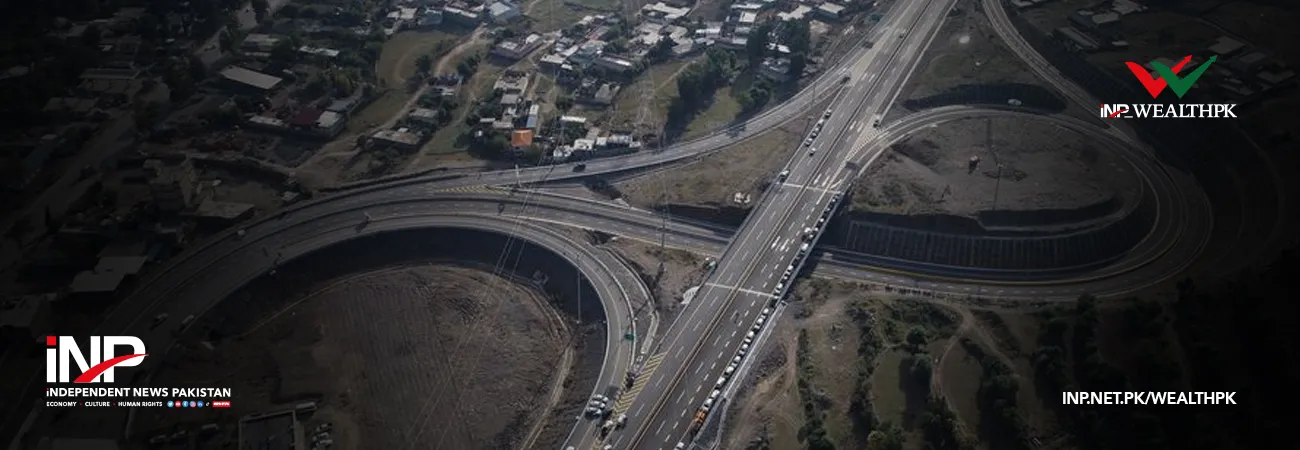INP-WealthPk
Ahmed Khan Malik
The Dhabeji Special Economic Zone (DSEZ) will not only boost industrialisation but also create employment and economic opportunities in the province of Sindh. DSEZ is a significant component of the China-Pakistan Economic Corridor (CPEC) and will be linked to Keti Bandar, which connects to the Gwadar Port in Balochistan. Keti Bandar was constructed following the closure of Shah Bandar, which was a significant trading hub at the time. Over 1,500 acres of land has been allocated to establish DSEZ in Thatta. The development of DSEZ is planned in three phases. Dhabeji Industrial Zone has been proposed to be constructed in two phases with 750 acres allocated for the Phase-I and 780 acres for Phase-II, according to official documents of the Sindh Economic Zones Management Company (SEZMC).
The documents highlight that Dhabeji has certain locational advantages, including easy access to Port Qasim, which will enable raw material import and finished goods export without incurring major inland transportation costs. A direct access road (8km) connecting Port Qasim to Dhabeji Zone is also being developed. A dedicated cargo deck connecting the zone with ML-1 from Dhabeji junction and a jetty to connect Port Qasim alongside Dhabeji zone from creek side is envisaged to facilitate export-oriented industries. It will connect to Karachi Airport (35km) via National Highway to enable safe travel of foreign workers and management personnel, besides enabling the transportation of goods to the upcountry areas and Central Asian countries, using the National Trade Corridor.
The industrial clusters and sectors proposed or planned to be established in DSEZ include light engineering, automotive and auto parts, chemical and pharmaceuticals, consumer electronics engineering, textile and garments, steel foundries, warehousing and building material, the SEZMC documents show. Special packages have also been announced to incentivise investors. These include a one-time exemption from tax and customs duty on the import of capital goods, as well as income tax exemption for a period of 10 years. These measures are designed to promote investment, boost economic activity and attract businesses to DSEZ. DSEZ is regarded as a flagship project of the government of Sindh and is planned to be executed through a public-private partnership (PPP) model.
The feasibility study and transaction advisory for the project were completed by the Institute of Business Education, Karachi, and EA Consulting Private Limited. The zone is expected to attract foreign direct investment of around $5 billion and create more than 150,000 direct and indirect employment opportunities. DSEZ is part of industrial cooperation between China and Pakistan under the CPEC’s second phase. It is pertinent to mention here that at a CPEC meeting in 2016, approval was granted for establishing six economic zones in Pakistan, including DSEZ.
Credit: INP-WealthPk













